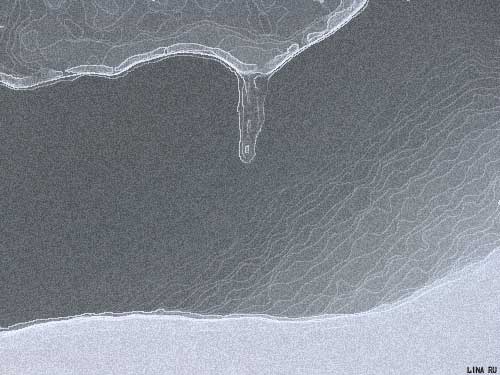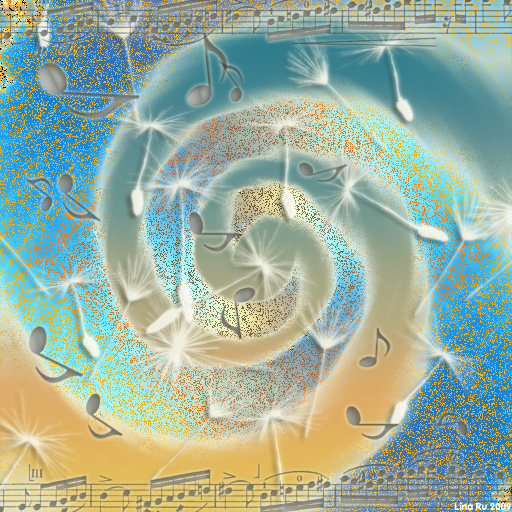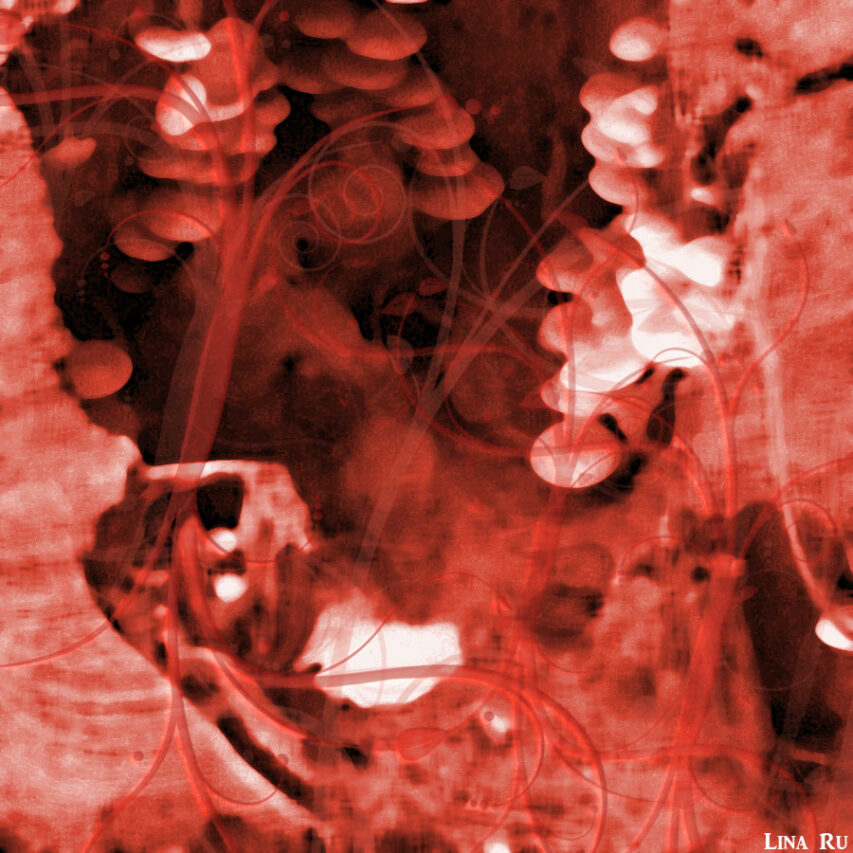The Loving Stones
Far, a day ago, a lecture precedes a new law, a gallery of men chat, interests on hand, women behind. Taught them how to walk but silent about how magnets repel, attract, a relationship broken in who knew better, what kind of measure tipped the cup forward, backward. Steel is stroked against magnetic iron until it becomes one, why couldn’t we be the mothers of knowledge while its fathers went to sleep? Pulled against forces that struggle to maintain an idea afloat, women brushed against each other until they became magnetic too, uniting their voices was their final blow. Tied to natural law, men convinced us there’s justice in a common law forgetful of being as the beautiful. “Life, liberty, property” remains an echo of the commitment to joy but what is joy without the good, the beautiful and cousin sublime? Were we ever free? Is freedom to will power our failed contract? Irises’ thoughts could redefine natural law where the freedom is the liberation from fantasy, not the freedom to want a want but to stay where I don't want because I've seen why it's true. When that's not enough, realism of compassion changes the quō, an outward direction of attention to what is, as it is, the freedom to love, not to will but being, processes of gradual maturity. The weak become the strongest as fear can’t misalign a core liberated from fictions sold. Don’t dismiss the ones hidden in libraries, setting a wake-up dong. A magnetic flux outgrows an antique compass of morality that can't solve our troubles. Irises, stand up! Indivisibly, deliberately liberated show us how fantasy doesn't let us be aimant, loving stones, 爱石.
Resources: [one_half] What to learn more about how magnets are formed courtesy of minutephysics? https://www.youtube.com/watch?v=hFAOXdXZ5TM [/one_half] [one_half_last]Would like to understand Magnetic forces, fields, and Faraday’s law? Join this course from KhanAcademy: https://youtu.be/m1PPujngqAw [/one_half_last]



